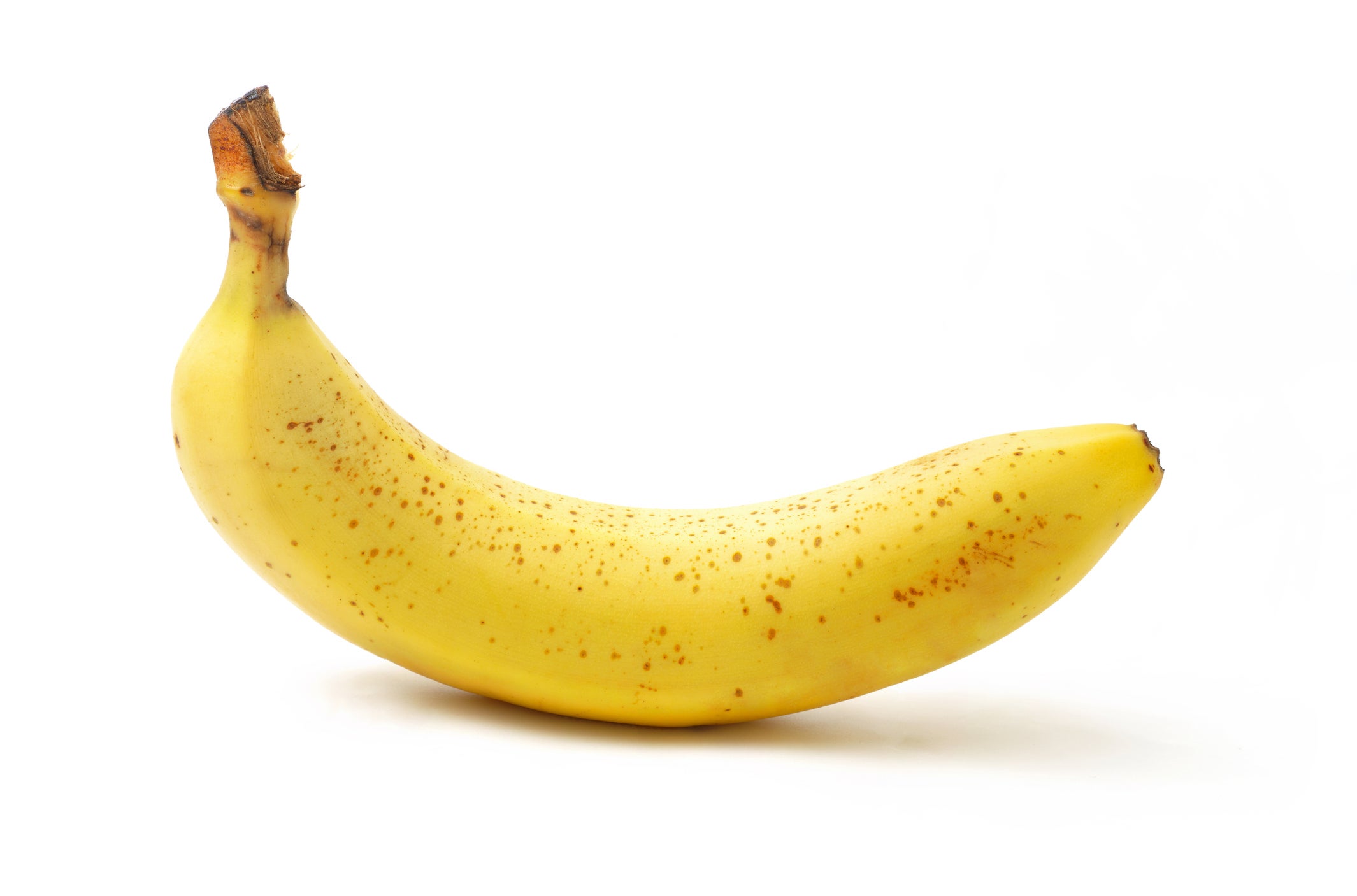Shoppers feel sorry for ‘sad single’ supermarket bananas, research shows
Do bananas have a ‘need to belong’?

Seeing a single banana left behind in the supermarket can have a surprising effect on shoppers, a new study has found.
The lonesome last pick of the bunch can be “really relatable”, researchers say, even helping to boost sales.
The effect is so strong that labelling lone bananas as “sad singles” tugs at shoppers’ heartstrings and increases the chance they’ll be sold, academics from the University of Bath have shown.
The research compared the effectiveness of “sad singles” signage versus “happy singles” for loose bananas.
A simple sign showing a frowning banana and the message “we are sad singles and want to be bought as well” encouraged compassion in customers, who were moved by the idea of abandoned bananas longing for a home.

Researchers carried out the experiment in a major German supermarket chain observing purchasing behaviour of single bananas of 3,810 customers over eight days.
On average, the number of single bananas sold per hour under happy signage was 2.13, while the ‘sad bananas’ sold at a rate of 3.19 an hour – an increase of 50 per cent.
Dr Lisa Eckmann of Bath Retail Lab said: “As far as we know, this is the first study comparing happy and sad expressions on bananas separated from their bunch to look at the impact on sales.
“The plight of the single bananas is really relatable, and the findings have very practical applications for boosting sales and reducing food waste from our supermarkets.
“The need to belong is one of the most basic human motivations, and applying sadness to single, stray bananas evoke a compassionate response from shoppers.”
Separated from their bunch by shoppers discarding one banana too many, or by transport, single bananas are part of the problem of picky consumer preferences that partly account for 131 million tons of waste in the retail sector.
Previous research has shown single bananas account for the highest amount both of climate impact and food wasted at retailers.
Join our commenting forum
Join thought-provoking conversations, follow other Independent readers and see their replies
Comments
Bookmark popover
Removed from bookmarks